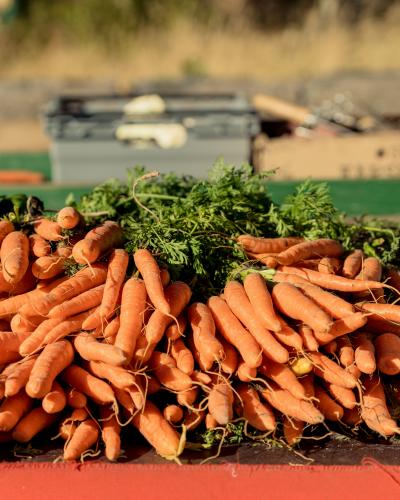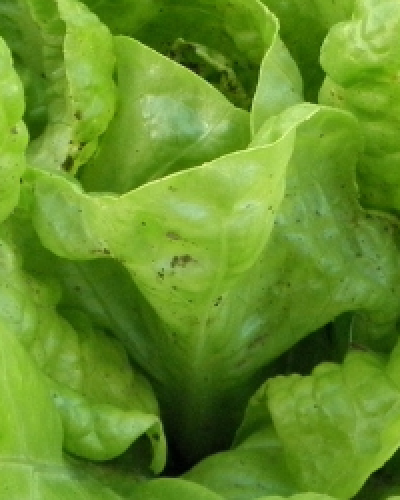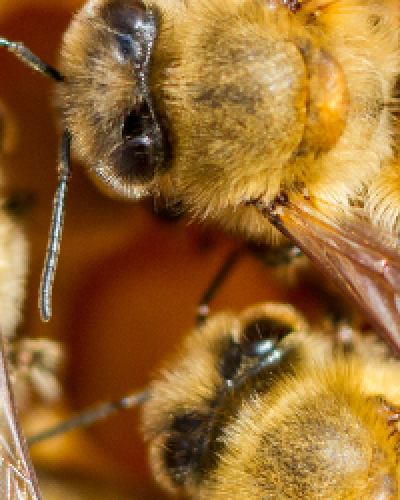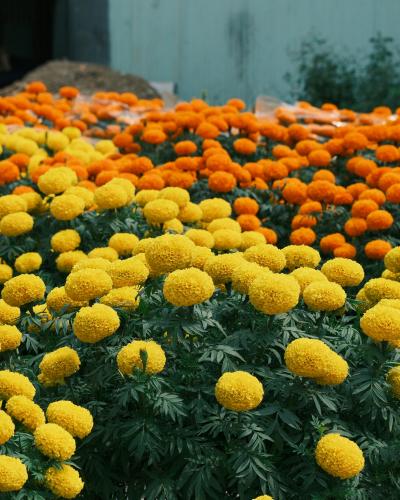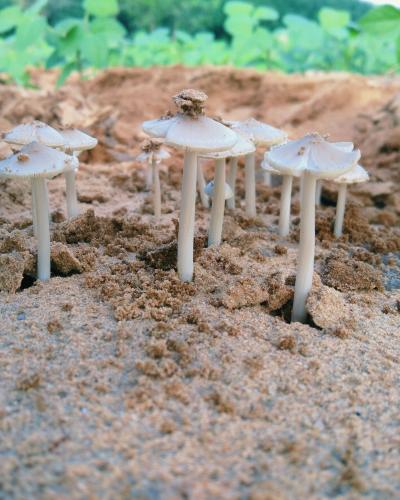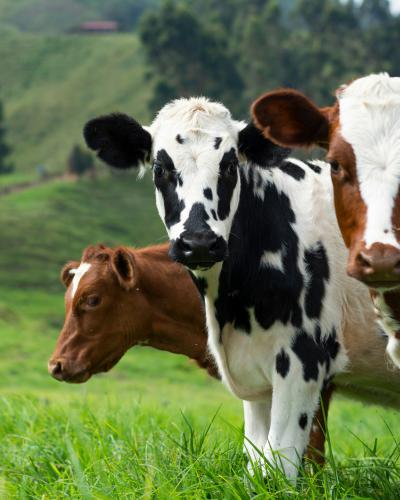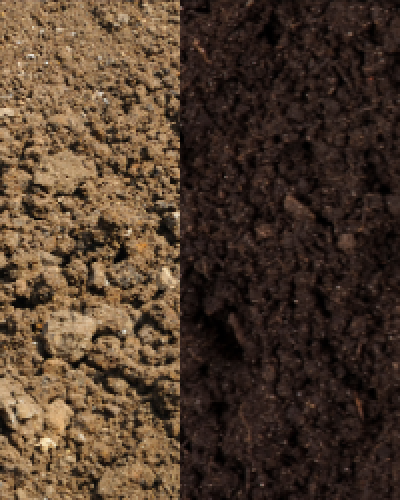A study investigating organic nutrient management conducted at Colorado State University found that on-farm–grown cyanobacterial fertilizer, or cyano-fertilizer...
A recent study investigating practices in managing powdery mildew has found that a combination treatment effectively controls...
A comprehensive three-year study published in Nature has shown that organic beekeeping practices can maintain honeybee...
Originally submitted by Tristan Olpin, Emory University.
...Organic practices in greenhouse tomato operations significantly reduce pest populations while maintaining comparable yields...
Soils on organic farms host more diverse...
The widespread use of synthetic fertilizers in conventional agriculture has resulted in a variety of environmental...
To measure the impact of adopting organic practices in agriculture, a recent study quantified greenhouse gas emissions on...
A recent study published in the Soil Science Society of America Journal found that adding organic matter, like compost or manure, can enhance soil health and carbon storage by boosting...
A recent study published in Frontiers in Sustainable Food Systems found that maintaining and restoring habitat complexity in agricultural landscapes and on the farm can significantly improve...

